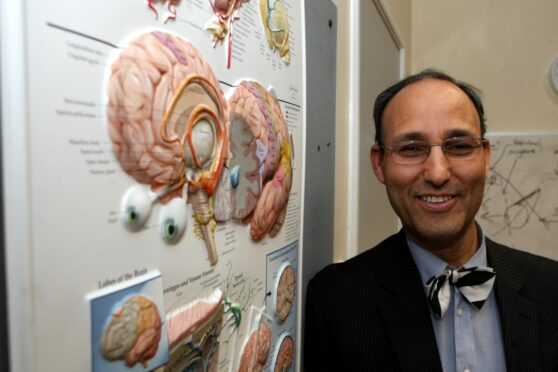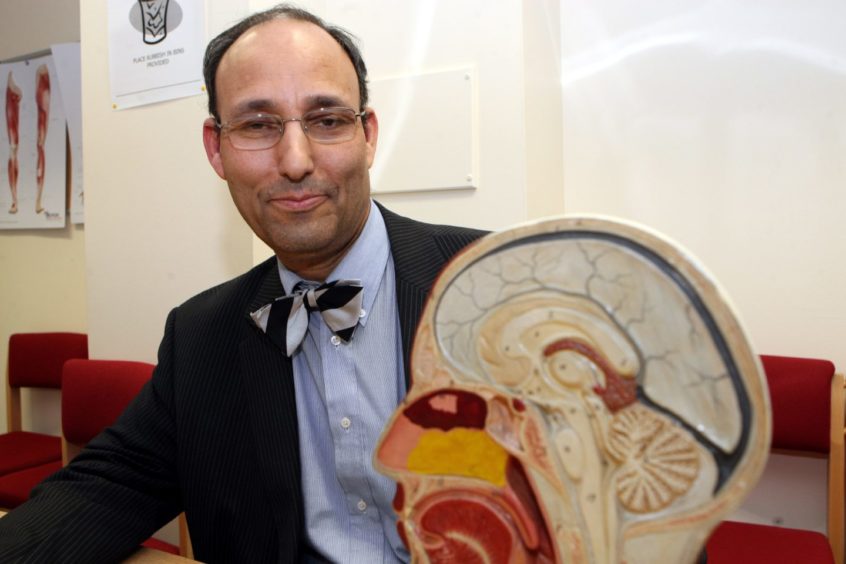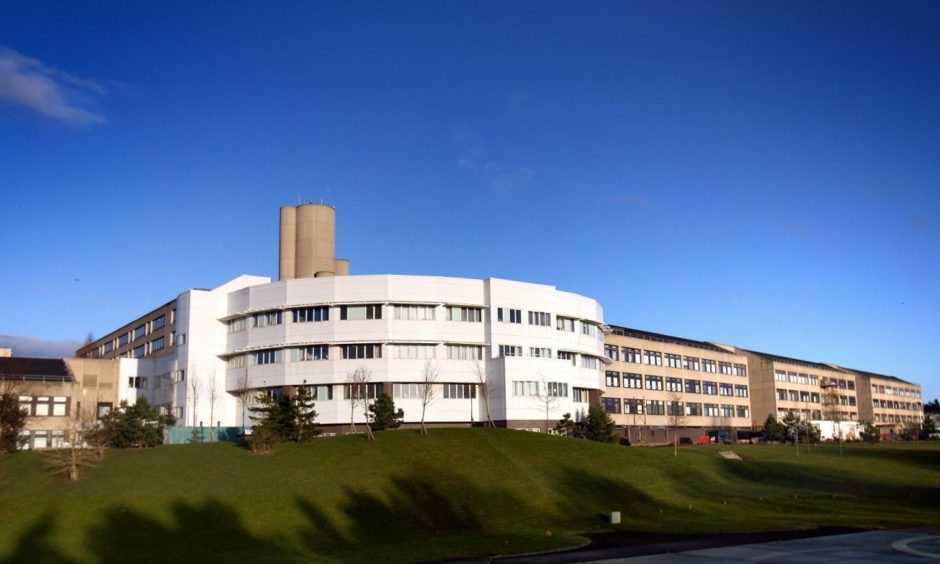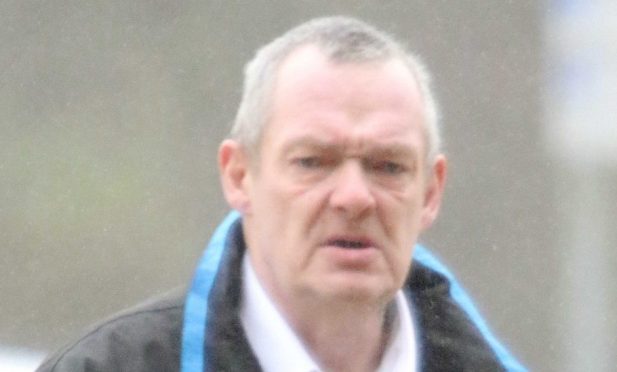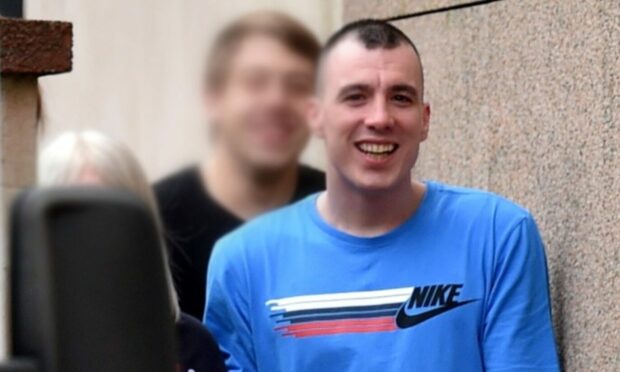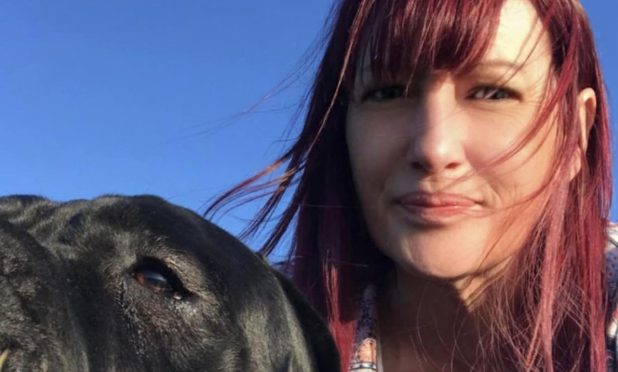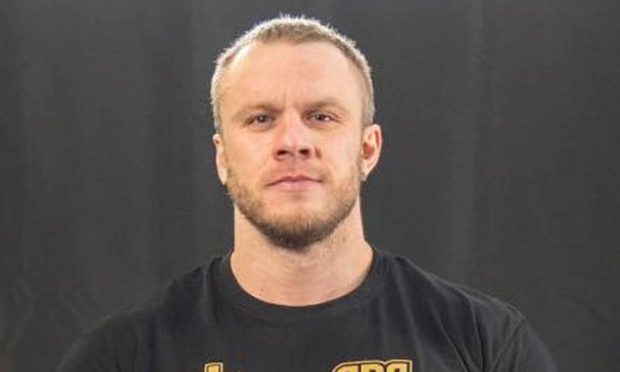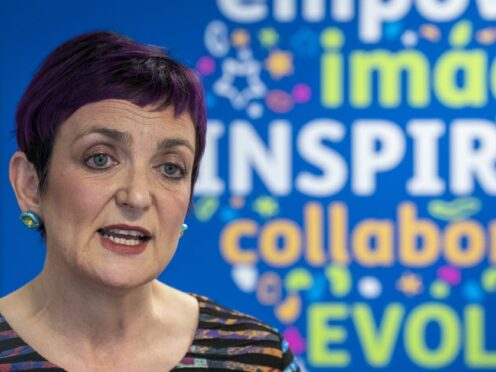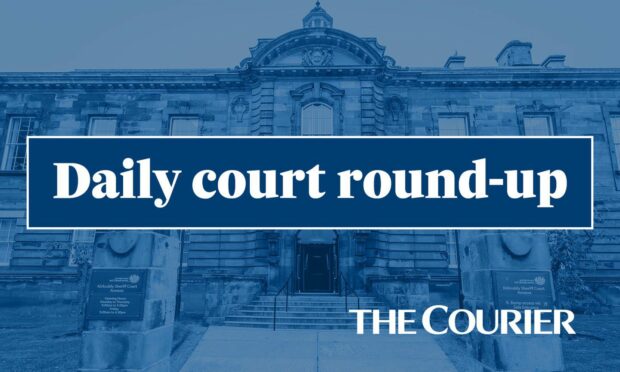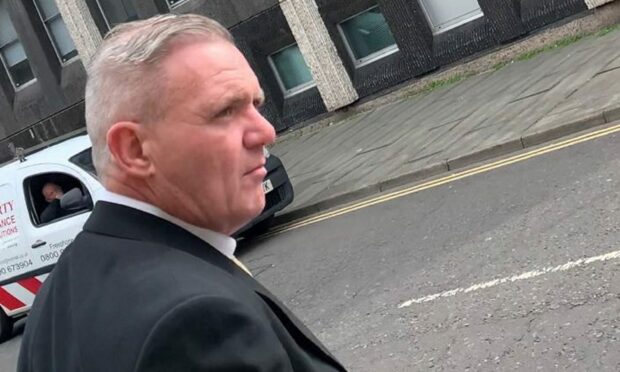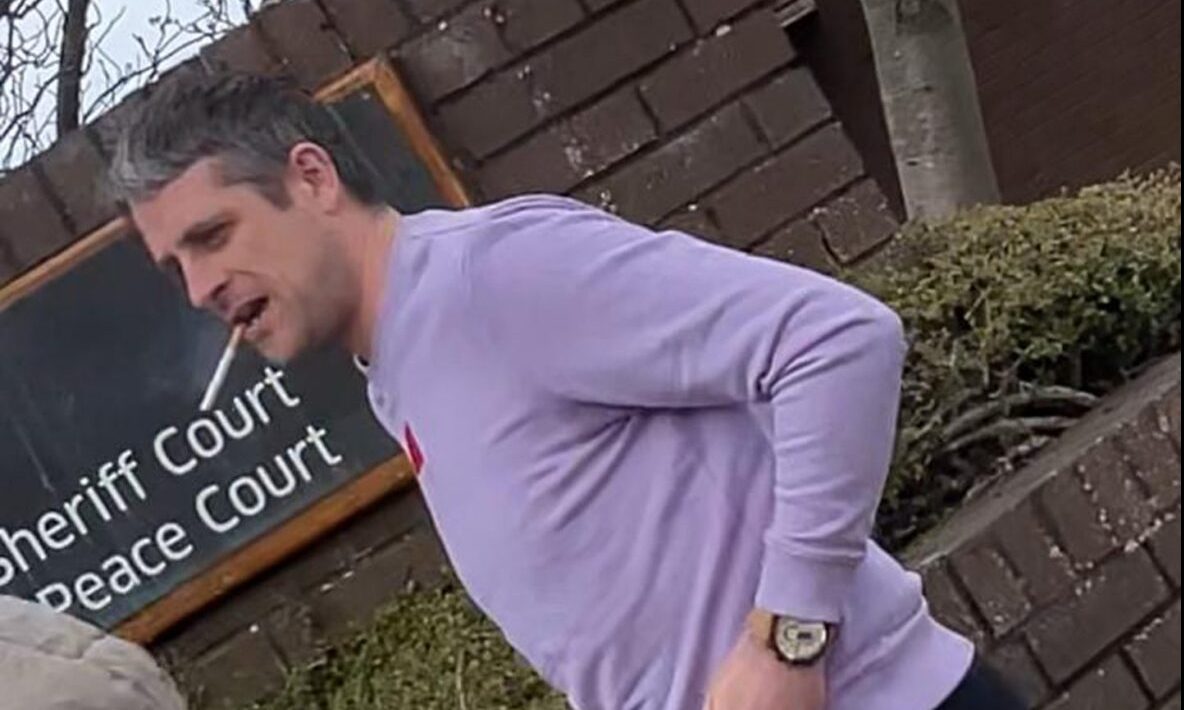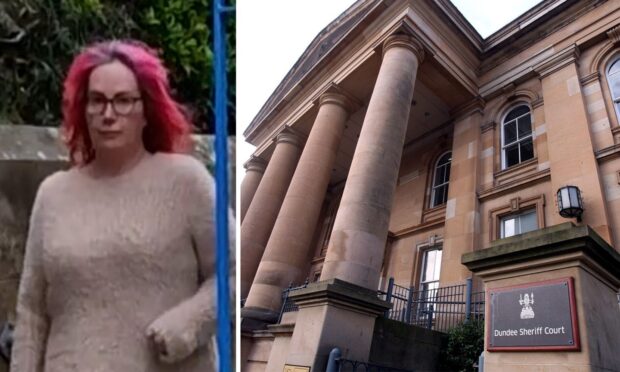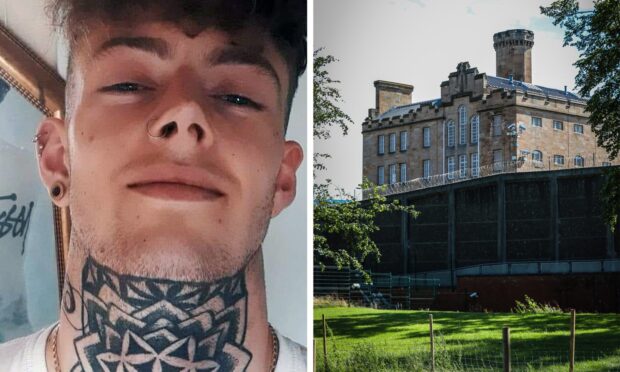A Tayside surgeon whose negligence left a woman with “life changing injuries” has been ordered to pay his former patient’s £2.8 million compensation claim in full.
It had been feared the NHS would be liable for part of the pay-out but Judge Lord Uist ruled Muftah Salem Elijamel was entirely to blame for leaving Carolyn Almond-Roots with serious disabilities.
Ms Almond-Roots sued Mr Elijamel and NHS Tayside after developing Cauda Equina syndrome – a rare spinal condition – in 2013.
Mr Eljamel, known as “Sam”, had been a consultant neurosurgeon at Ninewells Hospital in Dundee.
Ms Almond-Roots attended the accident and emergency department on February 4, 2013 complaining of pain spreading upwards from her thigh, before being referred to the department of neurosurgery.
An advanced nurse practitioner, working under Mr Eljamel, examined Ms Almond-Roots and believed she required an emergency MRI scan and specialist surgery.
However, Ms Almond-Roots was discharged after Mr Eljamel decided she did not have Cauda Equina syndrome and could have a scan as an outpatient.
She is one of many patients who have complained about botched treatment at the hands of the surgeon, who is now believed to be practising in Libya.
£2.8 million for botched treatment
Mr Eljamel operated on Ms Almond-Roots on April 16, 2013 at Fernbrae Hospital in Dundee after she opted to be treated privately.
The court heard how following her operation, Ms Almond-Roots complained to Mr Eljamel about her condition worsening.
She was prescribed steroids for nerve root damage by the surgeon.
He then referred her again to Ninewells, where it was revealed her condition was “irreversible”.
People with Cauda Equina syndrome can experience sciatica on both sides, numbness in the legs and their genitals, as well as incontinence.
Ms Almond-Roots was awarded £2,810,118 following proceedings at the Court of Session earlier this year.
The award was made after both Mr Elijamel and NHS accepted liability for Ms Almond-Roots’s injuries,.
Lord Uist then heard submissions from lawyers about apportion – how much blame each party should bear as a consequence of their wrongdoings.
NHS Tayside nothing to pay
In a written judgement issued by the court on Tuesday, Lord Uist concluded Mr Elijamel should take all of the blame and pay all of his ex-patient’s settlement.
In the judgment, Lord Uist wrote: “It seems to me that the moral blameworthiness and causative potency of the negligence for which the second defenders (NHS Tayside) are responsible is vastly outweighed by that for which the first defender is responsible.
“In my opinion the submission for the second defenders that the negligence of which they are responsible did not cause any significant harm to the pursuer and did not cause her any neurological deterioration is correct… it did not contribute to the damage for which reparation is sought in the present action, Cauda Equina syndrome having developed only after and as a result of the first defender’s negligence, not as a direct consequence of the failure to arrange an urgent MRI scan.”
Eljamel lawyers blamed NHS
At proceedings earlier this year, the court heard how Mr Eljamel was head of neurosurgery at NHS Tayside, and also worked at Dundee’s Fernbrae private hospital.
He was also an adviser to the Scottish Government.
Lawyers for Mr Elijamel argued equal blame in the case should be attributed to the negligence of NHS Tayside.
They said the organisation’s employees should have treated Ms Almond-Roots when she first went to hospital.
Lawyers for NHS Tayside accepted more should have been done for the patient from the time she first went to hospital in February 2013 to her operation two months later.
But they said “zero per cent” of the apportion should be attributed to them as it was the surgeon’s actions which caused Ms Almond-Roots’s injuries.
Lord Uist agreed..
He wrote: “In my judgment it would be unjust to find the second defenders liable to contribute to the damages for the Cauda Equina syndrome which the pursuer has suffered.”
